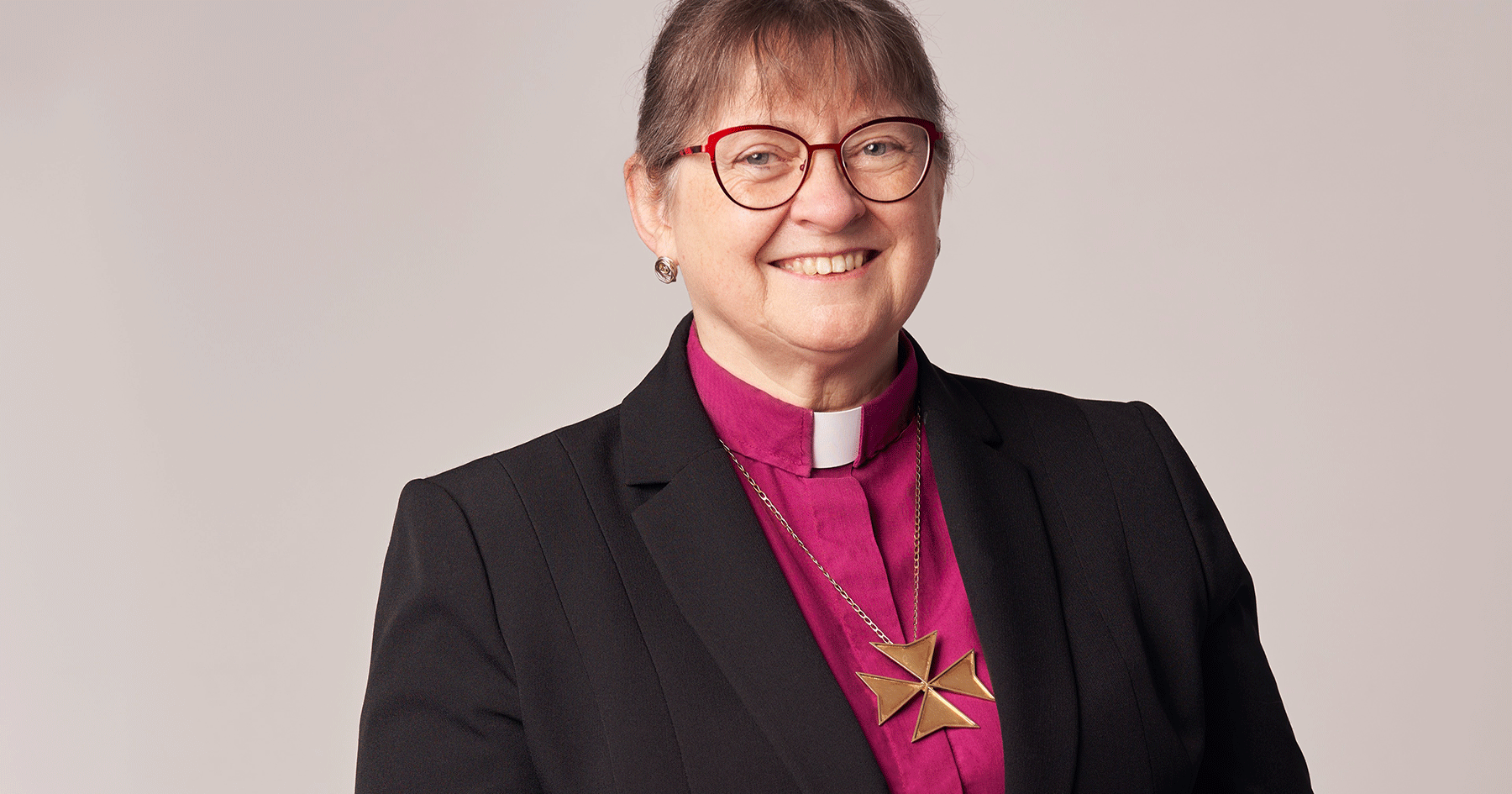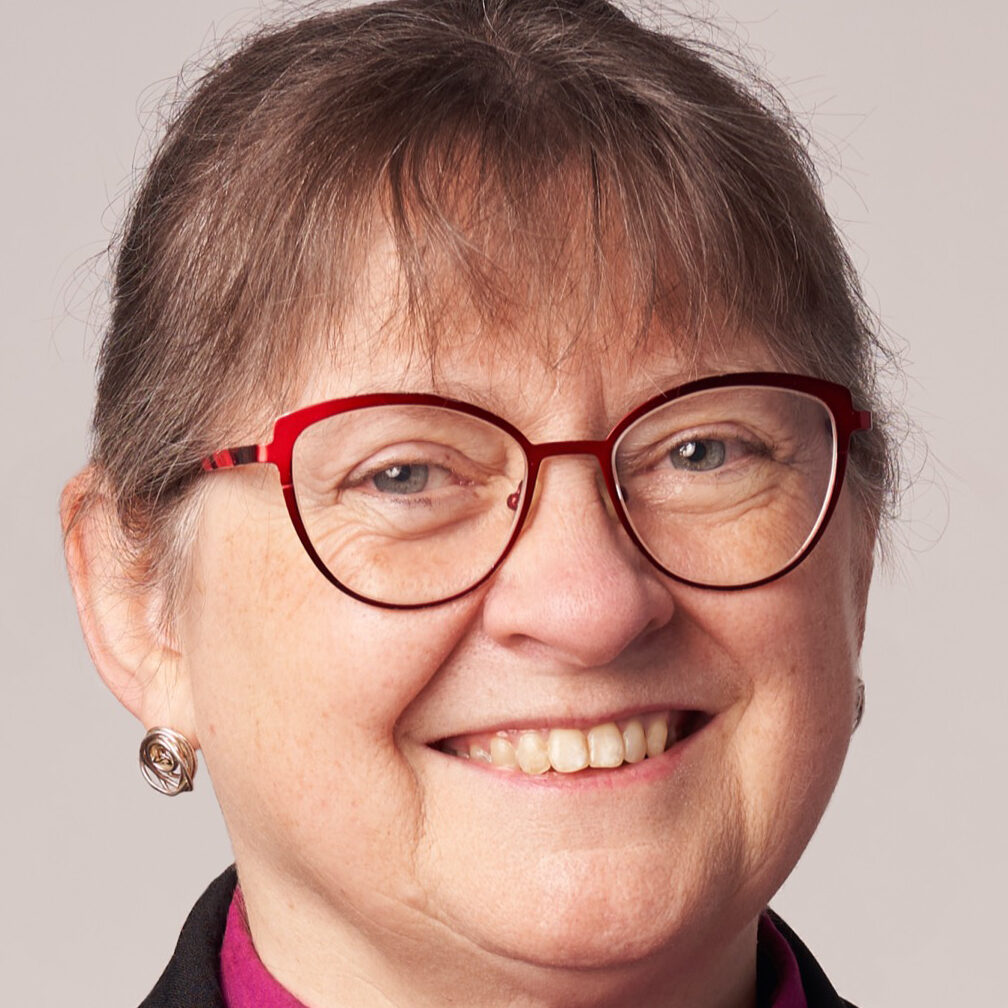Dear People of the Diocese of Kootenay, this year as I write about Easter, I am immersed in watching the horrors unfold in the war in Ukraine. As we pray for lasting peace, we pray for our fellow Christians in the Ukrainian Orthodox and Ukrainian Catholic Churches. We also pray for Russian Churches, that they may find ways to seek peace and witness for peace even in the midst of Putin’s totalitarian regime. As with other suffering around the globe, famine, refugees, poverty, climate disasters… I wonder how it is that people’s faith sustains them in the midst of adversity and anguish. How does our faith in the resurrection renew our courage in these times?
Easter is the central celebration of the Liturgical year for Eastern Churches. As we say in the Apostle’s Creed, which is of course also the Creed of the Eastern churches, we believe that when Jesus died he descended into hell. For Eastern Churches, Orthodox and Catholic, it is a very important point that while in hell Jesus rescued all the souls imprisoned there. Hell cannot restrain the God of Life! The Risen Jesus freed all humanity from captivity. In Eastern Christianity the Easter teaching is that each person may now, because of Easter, participate in Christ’s immortality, eternal life. Eastern Christianity emphasizes this breaking down of the gates of hell, sometimes called “the Harrowing of Hell.” Satan is bound and trampled under Jesus’ feet. Since the split between East and West, (1054) the Western church has lost this emphasis on the Resurrection destroying hell itself. In my Easter article two years ago, I commended to you the book “Resurrecting Easter: How the West lost and the East kept the original Easter Vision” by John Dominic Crossan and Sarah Sexton Crossan, a study of the hundreds of years of icons of the Risen Christ pulling people out of hell.
“Why then do you marvel at the resurrection of Jesus? What is marvellous is not that he arose, but that he did not arise alone, that he raised many other dead ones who appeared to many in Jerusalem” (Gospel of Nicodemus 17 – late 600s).
This idea comes from the Gospel according to Matthew 27:51b-53: “The earth shook, and the rocks were split. The tombs also were opened, and many bodies of the saints who had fallen asleep were raised. After his resurrection they came out of the tombs and entered the holy city and appeared to many.” As Crossan interprets this, “Easter is a communal and corporate event with Christ, rather than a individual and solitary event for Christ.” (Crossan and Crossan, p. 68) The early church understood the resurrection was for all; including renewal of the Earth. Early Church art shows the resurrected Christ standing in fields of flowers and animals, a restored garden. Pictures of Christ on the cross didn’t appear in Christian art until after the split of East and West, and then only in the West. (Yes, this is a simplification for brevity’s sake!) The emphasis of the resurrection for the first 1000 years of Christianity was corporate, healing and new life for all.
How does our view of participating in Christ’s resurrection affect our courage for
living?
Jesus had the courage to speak up against a cruel system and suffered death at the hands of the Romans. The people of Ukraine are suffering because of a totalitarian state trying to crush their sovereignty; they have the resurrection courage to hope for their freedom beyond this awful time. The Canadian Innuit, Metis and First Nations who spent a week in Lent telling their stories to the Pope, painful stories of suffering in Residential schools in a racist system, have the courage to dare to hope for the resurrection of their people. Pope Francis dares to hope through acknowledgement of these painful stories for a healing and rebirth of Christian faith in their communities. We in the Anglican Church continue our own action beyond apology; we work on the 94 Calls to Action from the Truth and Reconciliation Commission, with resurrection courage, to create a safe church, to address abuse and racism. Indigenous Anglicans, with profound resurrection faith, have developed a self-determining Indigenous Anglican Church. See “The Covenant and Way of Life” from the Sacred Circle: https://www.anglican.ca/im/sacredcircle/ This is a celebration of Resurrection!
I pray that this Easter will bring you deeper joyful resurrection courage, as you contemplate how the Risen Christ has broken down the gates of hell for all of humanity. Out of this resurrection courage we participate in God’s mission, God’s healing for all humanity and Earth itself.
Blessings for a joyous Easter Season,
Yours in Christ, +Lynne




